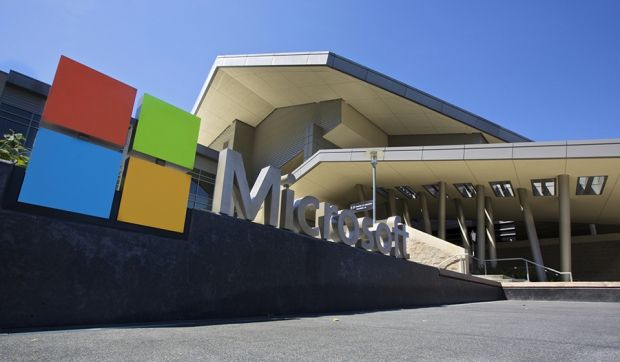─────────────────────────
- MS 'Majorana 1' Quantum Computing Chip Technology
■ Chip Overview
- Size: Approximately the size of a palm.
- Feature: Uses topological qubits instead of conventional superconducting qubits.
- Stability: Maintains its essential properties even if the qubit shape changes, improving stability.
- Number of Qubits: Currently equipped with 8 qubits, designed to be expandable to 1 million in the future.
■ What are Topological Qubits?
- Basic Concept: The characteristic of maintaining properties even when the shape or state of an object changes.
- Advantages: Lower error rate compared to conventional qubits, advantageous for next-generation quantum computation.
─────────────────────────
2. Understanding Quantum Computing
■ Traditional Computer vs. Quantum Computer
- Traditional Computer: Processes information using bits of 0 and 1.
- Quantum Computer: Performs multiple calculations simultaneously using the superposition and entanglement of qubits.
- Computing Power: Computational performance increases dramatically as the number of qubits increases.
■ Prospects for Practical Application
- MS: "Considers the point of equipping 1 million qubits as the beginning of the commercialization of quantum computers."
- Future Possibilities: Expected applications in various industries such as new drug development, optimization problems, and cryptography advancements.
─────────────────────────
3. Big Tech Competition and Market Trends
■ Major Competitors
- Google: Unveiled its self-developed 'Willow' chip last year, claiming to demonstrate computing power exceeding the supercomputer Frontier.
- IBM: Developing a 1,121-qubit quantum computer, aiming for an error-corrected system by 2029.
■ US Market Leadership
- US companies such as Google, MS, and IBM are leading the quantum computing technology field.
- Their respective technological development competitions are expected to accelerate the commercialization timeline.
■ Expert Opinions
- Jensen Huang (CEO of NVIDIA): Estimates commercialization to take approximately 20 years.
- Bill Gates (Co-founder of MS): Suggests sufficient qubits could be secured within 3-5 years, hinting at the possibility of early development of commercialization technology.
─────────────────────────
4. Industry Response and Questions
■ Positive Expectations
- Anticipation that quantum computers will revolutionize various industries in the future by rapidly processing massive amounts of data.
■ Challenges to Overcome
- Quantum states are easily affected by external environments (e.g., temperature changes), increasing the possibility of errors.
- Solving technological challenges is essential for stable commercialization.
■ Some Opinions
- Meanwhile, suspicions have been raised regarding the MS team manipulating the 'Majorana 1' development project.
- Further verification from MS is needed.
─────────────────────────
5. Conclusion and Future Outlook
The unveiling of MS's 'Majorana 1' can be seen as a significant milestone accelerating the potential for commercialization of quantum computing technology. Amidst the technological competition among various big tech companies, it remains to be seen which company will lead the way in practical commercialization in the upcoming quantum revolution.
The impact of quantum computing on various industries, including new drug development, optimization problems, and cryptography, is expected to be significant, necessitating continuous monitoring of future trends.
*Source URL:
https://zdnet.co.kr/view/?no=20250220083852



